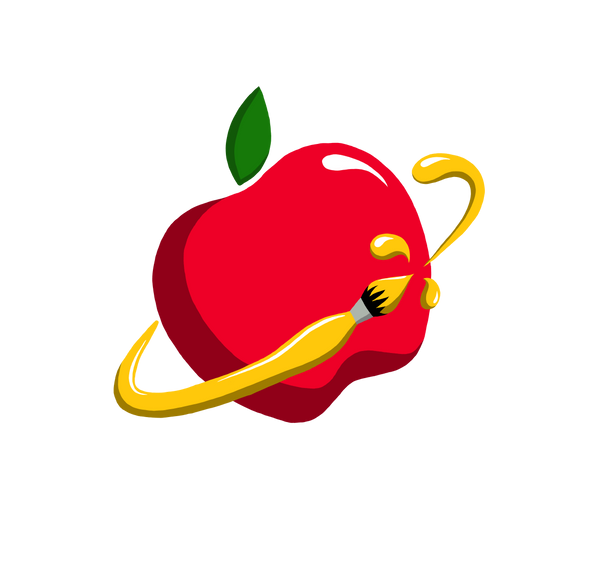There's something magical about the melodies that resonate through our souls when we listen to music. But what if you could create those enchanting tunes yourself? Learning to play a musical instrument not only enriches your life with beautiful sounds but also brings a plethora of benefits to your mental, emotional, and even physical well-being. Moreover, with so many instruments to choose from, finding the one that resonates with you can be a journey of self-discovery. Let's delve into the world of music and explore the benefits of learning an instrument, along with the pros and cons of five of the most popular choices.
The Benefits of Learning a Musical Instrument
- Cognitive Enhancement: Research suggests that playing a musical instrument can enhance cognitive abilities such as memory, attention, and problem-solving skills. Learning to read sheet music and coordinating motor skills to produce sound can stimulate various regions of the brain, fostering neural connections that benefit overall cognitive function.
- Emotional Expression: Music has the power to convey emotions in a way that words alone cannot. Learning to play an instrument provides an outlet for self-expression, allowing individuals to channel their feelings through melody and rhythm. This can be particularly therapeutic during times of stress or emotional turmoil.
- Stress Relief: Playing music has been shown to lower cortisol levels, the hormone associated with stress. Engaging in musical activities like playing an instrument can induce a state of relaxation, promoting a sense of calm and well-being.
- Social Connection: Music has a unique ability to bring people together. Whether through group performances, jam sessions, or joining a band, learning an instrument can facilitate social interaction and foster a sense of community with fellow musicians.
- Lifelong Learning: Learning a musical instrument is a journey that never truly ends. There is always room for growth and improvement, allowing individuals to continually challenge themselves and pursue lifelong learning.
How to Choose the Right Instrument
When it comes to choosing a musical instrument, there are several factors to consider, including personal preferences and musical goals. Here are some steps to help you narrow down your options:
- Explore Your Musical Preferences: Consider the genres of music you enjoy listening to. Do you gravitate towards classical, jazz, rock, or folk music? Your musical taste can guide you towards instruments commonly used in those genres.
- Assess Physical Attributes: Consider factors such as hand size, arm length, and lung capacity. Certain instruments may be more physically demanding or require specific physical attributes for optimal performance. But don’t let your physical attributes be the deciding factor in whether you learn a musical instrument. Elton John knew his hands were too small to be able to play classical piano, but he persisted and is an incredible pianist!
- Consider Your Musical Goals: Are you looking to play solo or in a group? Do you aspire to perform on stage or simply play for your own enjoyment? Your musical goals can influence the type of instrument that best suits your needs.
- Try Before You Buy: Take advantage of opportunities to try out different instruments before making a decision. You can rent musical instruments and some shops allow customers to test out instruments in-store.
- Listen to Your Heart: Ultimately, the most important factor in choosing an instrument is how it makes you feel. Follow your intuition and choose the instrument that resonates with you on a deeper level. If it feels right to you, you are more likely to persevere.
Pros and Cons of Popular Instruments
- Piano/Keyboard:
- Pros: Versatile, good for understanding music theory, improves right and left hand coordination.
- Cons: A piano is expensive and requires space, pianos are not easily portable (keyboards are cheaper, more portable and can be stored away more easily).
- Guitar:
- Pros: Portable, versatile, popular in various genres of music and there are relatively affordable entry-level options.
- Cons: Requires finger strength and leads to the development of calluses, can be challenging to master certain techniques like fingerpicking.
- Violin:
- Pros: Expressive, versatile, good for developing ear training and intonation skills.
- Cons: Requires precise bowing technique and finger placement, can be physically demanding on the arms and shoulders.
- Drums:
- Pros: Great for rhythm development, physically engaging, can be a stress-relieving outlet.
- Cons: Requires coordination of all four limbs, can be noisy and require soundproofing in living spaces (electric drum kits have volume control and can be less bulky).
- Saxophone:
- Pros: Expressive, versatile, popular in jazz and classical music and it can be relatively quick to produce a sound.
- Cons: Requires breath control and proper embouchure, may be challenging for individuals with respiratory issues.
Conclusion
Learning a musical instrument is a journey filled with discovery, growth, and endless possibilities. Whether you choose the piano, guitar, violin, drums, saxophone, or any other instrument, the benefits extend far beyond the realm of music. So, embark on this musical adventure, and let the harmonies you create resonate through your life, bringing joy, fulfilment, and a deeper connection to the world around you. Why not celebrate your love and appreciation for music with one of our music themed shirts!






